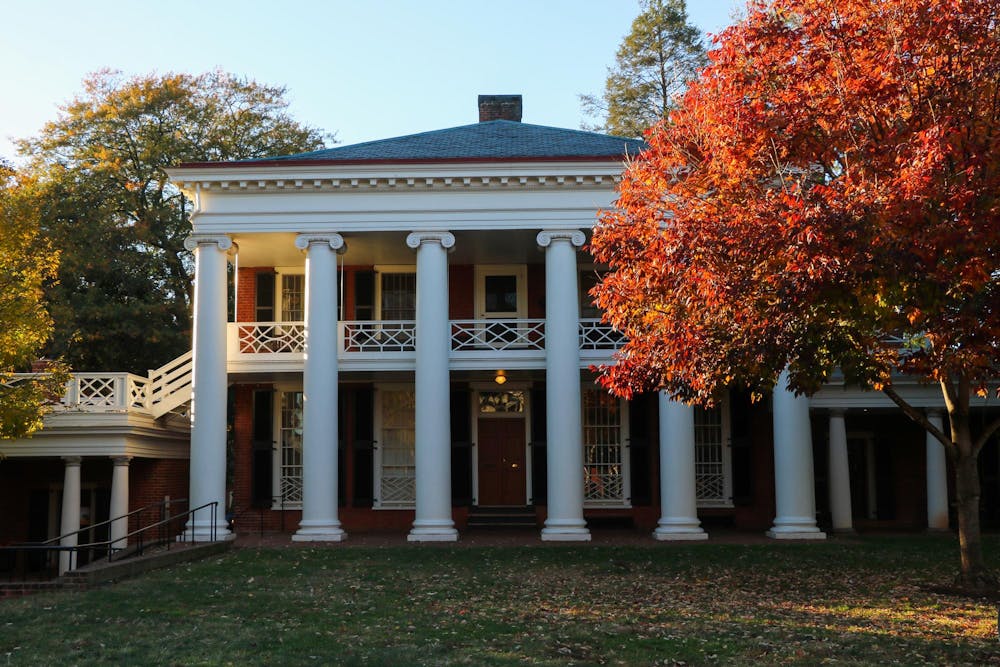The current presidential search committee is easily the largest and most diverse in University history. Many past search committees were only Board of Visitors members. Faculty and student seats only appeared — three total — during the selection of John Casteen, and it wasn’t until Teresa Sullivan’s appointment process which began in 2009 that the committee significantly expanded to include a broader community mix. The current presidential search committee includes 28 members — Board members, students, administrators, alumni and faculty — with at least as many faculty as the previous two. Given its composition, concerns about representation are unfounded.
Notably, there was little faculty scrutiny or level of demand during the searches for either Teresa Sullivan or Jim Ryan. The Board for Sullivan’s search was entirely Democrat-appointed. For Ryan’s, the majority were as well. That fact didn’t raise any alarms across the University during those times. In contrast, the entirely Republican-appointed, current presidential search committee has been deemed “illegitimate” and sharply criticized.
There was also virtually no pushback in March 2022 when Ryan’s contract, still three years from expiring in 2025, was quietly extended at a quarterly Board meeting. It was done with no input from faculty or the wider University community, in closed session, and only announced afterward. The Democrat-appointed Board acted to ensure Ryan’s tenure through 2028 before the newly-elected Republican Gov. Glenn Youngkin, could appoint new members. There was no faculty concern about it because Ryan represented their political interests.
Similarly, when Ryan handpicked Ian Baucom as provost in January 2022 — dispensing with a search process entirely — faculty raised no objections. Then-Provost Liz Magill announced her departure from the University, and the very same day, Ryan elevated Baucom to provost, which the Board later confirmed. Where was the outrage? Ryan acted without any search or discussion, making the decision entirely on his own. Just like with Ryan’s contract extension, the faculty had nothing to say about this outrageous display of effectively unilateral action.
Contrast that with today. Baucom left the University in early 2025 — a provost search committee was formed, but it stalled after Ryan's resignation in June. Now, as Interim President Paul Mahoney restarts the process, the Faculty Senate suddenly insists it be delayed until a new president is installed. The double-standard is overwhelming.
In short, there has been little concern since Sullivan about the University’s leadership selection processes — until now. The only shift is that a Republican-appointed Board is at the helm making the decisions. What’s being framed as a procedural crisis is in fact a reaction to changing political dynamics. Efforts to depoliticize the University and promote ideological balance are met with fierce resistance — not out of concern for process, but because they threaten to infringe upon a status quo that has long gone unchallenged. These vocal members of the faculty will not stand for anybody being in authority — whether it is a president or provost — who is not going to continue the establishment political agenda that has been in place for the last 15 years.
The Jefferson Council is a conservative alumni group from the University. They can be reached at opinion@cavalierdaily.com.
The opinions expressed in this guest column are not necessarily those of The Cavalier Daily. The guest column represents the views of the authors alone.







